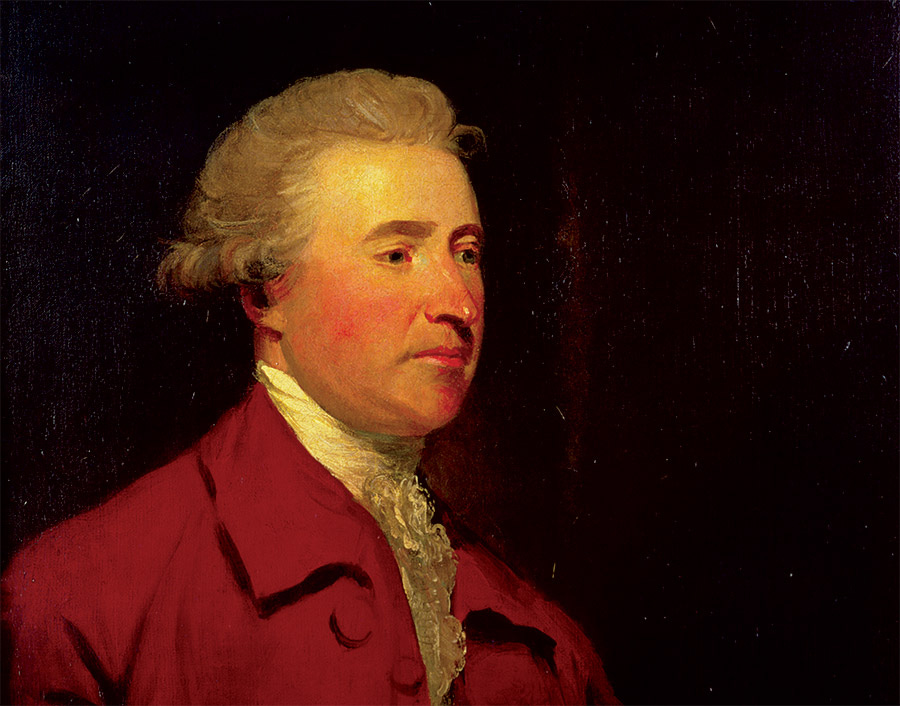Awe in the Digital Age: The Role of Wonder and Terror in Our Relationship with Technology
Awe in the Digital Age refers to the evolving relationship between humanity and technology, particularly how digital experiences evoke feelings of awe, wonder, and terror. Rooted in the philosophical foundations laid by Edmund Burke, who distinguished between the sublime and the beautiful in his seminal work (1757), the contemporary discourse explores how modern technology can provoke profound emotional responses reminiscent of Burke's sublime.
As our interactions with technology become increasingly complex, the role of awe emerges as a critical factor influencing psychological well-being and social behavior in the digital age.
Notable discussions surrounding awe in the digital context highlight its dual nature. While technology has the potential to enhance feelings of connection and community through immersive experiences, it can also exacerbate feelings of isolation and anxiety. This paradox invites scrutiny of how digital platforms facilitate or hinder our capacity for awe, particularly in an era characterized by chronic stress and mental health challenges.
Research indicates that experiencing awe can promote psychological resilience, reduce stress, and enhance overall well-being, prompting renewed interest in its benefits amid rising concerns over technology's negative impacts on mental health.
As immersive technologies, such as virtual reality (VR), gain traction, they serve as powerful mediums for evoking awe. Studies reveal that VR can elicit significant emotional responses, enabling users to experience awe-inspiring environments that may be inaccessible in daily life. These innovations not only hold therapeutic potential but also reshape educational experiences, fostering deeper engagement through transformative, awe-inducing encounters.
Such applications underscore the importance of understanding how technology can be harnessed to cultivate awe, thereby enhancing individual and collective well-being in the digital landscape.
The discourse on awe in the digital age also engages with cultural perspectives, examining how varying societal contexts influence the experience of awe. Historically, the concept of awe has evolved alongside technological advancements, leading to a renewed appreciation for its role in contemporary art and digital media. As researchers explore the intersection of culture, technology, and emotional experience, it becomes clear that fostering a sense of awe may be essential for navigating the complexities of modern life, prompting a reconsideration of how we engage with digital technologies and their impact on our human experience.
Edmund Burke's Philosophy
The Sublime and Beautiful
Edmund Burke's influential work, published in 1757, articulates a critical distinction between the concepts of the sublime and beauty. Burke associates the sublime with experiences of awe, terror, and danger, positioning nature as the most profound embodiment of the sublime. He argues that the sublime has the ability to compel us through astonishment and awe, contrasting it with beauty, which he defines as correct, proportional, and balanced, leading to uninhibited aesthetic pleasure. This exploration of aesthetic experience laid foundational ideas for later philosophical discussions about the emotional impact of nature and art, which resonate even in contemporary dialogues about technology.
Empiricism and Sensory Experience
Burke's empiricist philosophy emphasizes that our understanding of the world arises from sensory experiences rather than abstract reasoning or intuition. He posits that our knowledge and ideas are shaped by the passions of our imagination, asserting that profound emotional responses are key to understanding the sublime. This framework can be applied to analyze our interactions with technology today, as the digital landscape often evokes strong feelings of both wonder and terror, mirroring Burke’s observations on the human experience.
Political Philosophy and Tradition
In addition to his aesthetic contributions, Burke’s political philosophy is marked by a respect for tradition and gradual change. He critiqued revolutionary ideals, advocating instead for a cautious approach to governance that values historical institutions and societal complexities. This perspective underscores the necessity of grounding technological advancements in ethical considerations and existing cultural frameworks, resonating with modern debates on the implications of digital innovation.
Influence on Romanticism and Beyond
Burke's exploration of the sublime significantly influenced the Romantic movement, where poets and artists found inspiration in his notions of awe and terror within nature and human experience. This influence extends to the present, as modern creators often invoke these themes when addressing the complexities of life in the digital age. The emotional spectrum of wonder and terror continues to shape our interactions with technology, prompting reflections on the moral implications of digital advancements and the preservation of human experiences.
The Role of Technology
The role of technology in shaping human behavior is multifaceted, profoundly influencing how individuals interact with one another and the world around them. As we navigate the digital age, technology has redefined communication, social interactions, and individual identities, resulting in a complex interplay of benefits and challenges.
The Psychological Impact
The experience of awe plays a significant role in enhancing psychological well-being, especially in the context of modern challenges such as chronic stress and mental health issues exacerbated by technology. Research indicates that awe can lead to a decrease in stress, somatic health symptoms, and improve overall well-being. A study conducted during the COVID-19 pandemic found that participants who experienced more daily awe reported less stress and greater psychological health over a 22-day diary period.
Benefits of Awe
Awe is characterized by its ability to shift perspectives and diminish the sense of self, often referred to as "the small self." This diminishment helps individuals see their personal challenges in a broader context, thereby providing relief from stress and anxiety. Specifically, awe has been linked to various positive outcomes including increased pro-social behavior, enhanced immune function, and overall life satisfaction. Such effects are particularly valuable in today's climate, where mental health crises are prevalent among both adolescents and adults.
Awe and Emotional Resources
Experiencing awe can contribute vital emotional resources needed to navigate life's complexities. It encourages individuals to engage with others and fosters a sense of community, countering the individualism and isolation often associated with modern digital life. Furthermore, brief interventions designed to evoke awe have shown promise in improving psychological health in individuals dealing with chronic stress and physical ailments.




